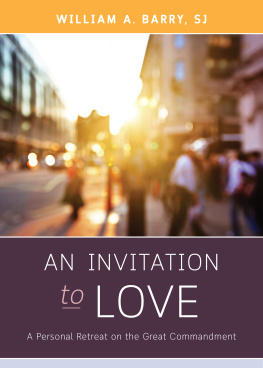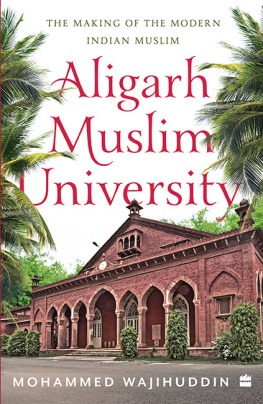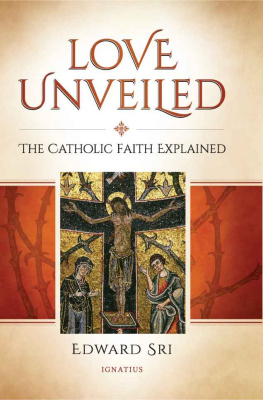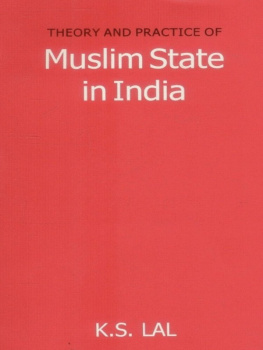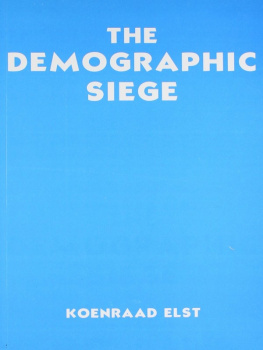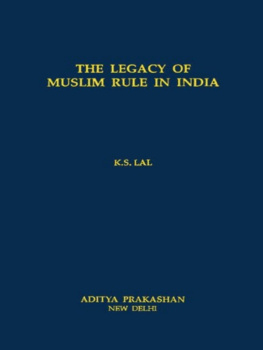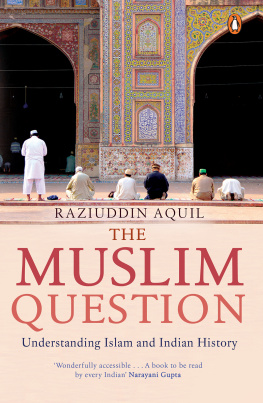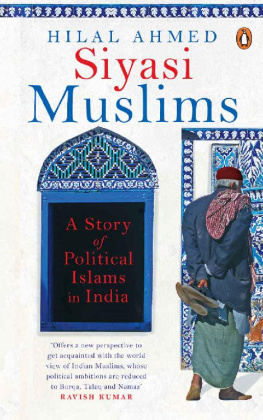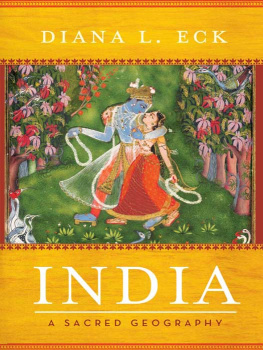
To my wife, Mariam, and my mother, Betty Malkovsky, the two people in my life who most perfectly embody the selfless love of God
Contents

M ARIAM, AGE 16

M ARIAM, AGE 30
Prologue
At a Spiritual Crossroads
I dont think we really understand where we have been until we have finally arrived at our destination.
When I was thirty-one years old, after having completed thirteen years of wandering in various parts of America and Germany, I had reached a point in my life where nothing was settled. I had just earned a graduate degree at the University of Tbingen, but I did not feel called to teach. Nor was I looking to get married and start a family. Years earlier I had spent almost a year in a remote mountain monastery in the United States, but I did not feel a call to the monastic life. I had also done volunteer work at a soup kitchen in a desert city and in a hospital in urban Germany, but I did not discern that either of these places would be my lifes calling. While all these activitiesstudying theology, living in a monastery, serving the poor and the sickwere good and wholesome and had taught me much about myself and God, there was still a restlessness inside me, a longing for something more that I did not fully understand until I went to India. And so when my time in Germany came to an end, I followed my instincts and headed off to India with very little money in my pocket. It was only after I arrived there that I began to understand how everything in my life had been a preparation for India.
Officially I was in India to do research for a doctoral dissertation, but deep down I knew that the more important reason I was there was to continue a spiritual quest that had begun many years before.
This book recounts a number of episodes of my journey into different religions. Its focus is on India, the land where, in my encounter with Hindus, Buddhists, and Muslims, I was forced to rethink everything I had previously held about God, the world, and myself.
When I first arrived in India, I did not expect to learn about Islam or Buddhism. I had come to study a particular branch of Hinduism called Advaita Vednta. My goal was to study the Sanskrit language and do doctoral research on akara (ca. 700 CE ), one of Hinduisms greatest thinkers, and to place his teaching in dialogue with Catholic teaching. I originally thought I would stay one year in India and then return to Germany to finish my doctorate, but I ended up staying five years. There were two reasons for this. First, I soon learned that I would need to stay a lot longer than one year to study akara. In fact, one could spend a whole lifetime studying his writings and still not fully plumb the depths of his teaching. The second reason was family life. I met and married my wife in India in an unexpected and wonderful turn of events, and our first two children were born there. Marrying into a Sunni Muslim family led to new and enriching interactions with a great many Muslim relatives and friends that often diverted me from fully concentrating on Hindu studies.
It was also around that time that I discovered the power of Buddhist meditation and took up seriously the practice of yoga. So I wasnt just reading books all the time or working on my dissertation or interacting with Muslim relatives. How could I pass up the opportunity to investigate the other spiritualities that were all around me? And so my first visit to India ended up lasting much longer than I had originally planned. What I experienced and discovered about the value of Hindu, Buddhist, and Muslim spirituality during that time and on subsequent visits to India has far exceeded all my expectations. India and its religions never cease to amaze me. They have a way of shaking us loose from our parochial preoccupations and getting us to see the world and God and ourselves with new eyes.
The stories here recount experiences that taught me an unexpected spiritual lesson or deepened my awareness of the riches of another religion or broadened my understanding and appreciation of the mystery of God. There are times, as will be seen, when I do not quite know what to make of what I experienced or what conclusions I should draw from my Christian perspective. Christian theology does not always provide ready-made answers to new questions and new experiences. We have been only too ready to teach and proclaim what we believe as Christians, but we have not always been good at listening and learning from others. Perhaps the time has come for us not only to give witness to Christ, but also to start learning what God is teaching us through other religions. Fortunately, the age in which we now live provides us with greater opportunity to interact with people of other religions than during any other time in human history.
By profession I am a Catholic theologian, since I have degrees in Catholic theology, and I teach theology at a Catholic university, but, truth be told, most of the time I feel like Im just a beginner. There is still so much in my own rich theological and mystical heritage that I need to learn. The main reason for this has to do with spending most of my time learning about other religions and trying to keep up with new developments. I dont have time to examine my Catholic tradition as much as Id like to these days, even though Ive already spent years doing it. And so when Im lecturing at my university on the relation of Christianity to other religions, it sometimes strikes me that Im really just a student inside a professors body. Im very aware of the boundaries of my knowledge. Id like to know more about what people in other religions have come to experience and understand about the supreme reality, and I wonder how all our understandings fit together, if indeed they do. Even after years spent studying Hinduism, Buddhism, and Islam, I feel like Im still taking my first baby steps in exploring those religions. One thing I have learned along the way, though, is this: those other traditions are every bit as deep and rich as my own. They are absolutely brimming with wisdom and insight. And they have the capacity to lead their followers to holiness, a holiness that is recognized as holiness by Christians from within their own tradition.
As to Islam, I can proudly say that by virtue of my marriage I have many Muslim relatives in the city of Pune, India: aunts and uncles and cousins and other assorted relatives of various stripes, most of whom are wonderful and decent people. I mention this because in these very disturbing times, it is important to remember that along with some very real disagreement we may have with Islam, there is also much that unites Islam and Christianity theologically, spiritually, and humanly. And it is a characteristic of the postVatican II Catholic approach to other religions that we seek out similarities and commonalities before we discuss our obvious differences.
In this book I set out to do three things. First, the stories I tellwhether they involve the practice of Buddhist meditation, visits to shrines of Muslim saints, or the experience of being healed by a Hindu physicianare intended to give the reader a sense of the value of other religions and their power to heal and transform our lives. This is not something easily assumed by a Christian. It is one thing to believe that people of other religions are sincerely seeking the Divine; it is quite another to discover just how much God has already given them.
Next page

